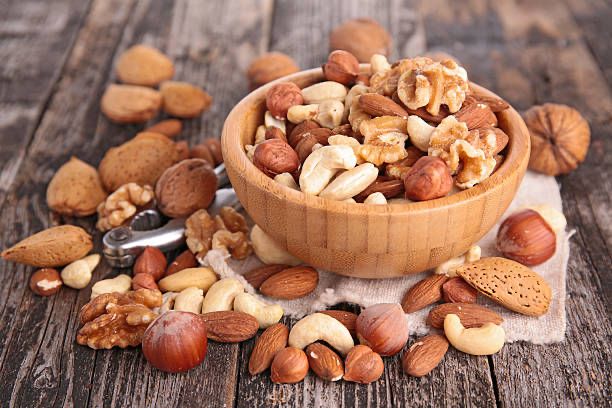You may have heard the term “superfood” used to describe certain foods that are supposed to have amazing health benefits. But what exactly are superfoods and why should you eat them?
Superfoods are foods that have a very high nutritional density, meaning they provide a lot of nutrients and antioxidants for very few calories. Antioxidants are natural compounds that protect your cells from damage and may lower the risk of various diseases. Some superfoods also contain other beneficial substances, such as fiber, healthy fats, vitamins, minerals, and phytochemicals.
Eating superfoods as part of a balanced diet can help you improve your overall health and well-being.
Some of the benefits of Superfoods include:

- Boosting your immune system and preventing infections
- Lowering your blood pressure and cholesterol levels
- Reducing inflammation and oxidative stress
- Enhancing your brain function and mood
- Protecting against cancer and other chronic diseases
- Promoting healthy skin, hair, and nails
- Supporting your digestion and metabolism
- Increasing your energy and stamina
However, superfoods are not magic bullets that can cure all your health problems or make up for a poor diet. You still need to eat a variety of foods from different food groups and pay attention to your calorie intake. Superfoods are not a substitute for medical treatment or advice, either. If you have any health concerns, you should consult your doctor before making any dietary changes.
Some examples of Superfoods
There is no official list or definition of superfoods, but some of the most commonly recognized ones are:
Berries: These are fruits that are rich in fiber, vitamin C, and antioxidants. They include blueberries, raspberries, strawberries, cranberries, goji berries, and acai berries. Berries can help lower the risk of heart disease, diabetes, and cancer

Leafy greens: These are vegetables that are high in vitamin A, vitamin C, calcium, iron, folate, and phytochemicals. They include spinach, kale, collard greens, Swiss chard, mustard greens, and broccoli. Leafy greens can help prevent anemia, osteoporosis, and certain types of cancer.

Nuts: These are seeds that are high in protein, healthy fats, fiber, minerals, and antioxidants. They include almonds, walnuts, pistachios, cashews, pecans, and hazelnuts. Nuts can help lower cholesterol, improve blood sugar control, and protect against heart disease

Olive oil: This is a liquid fat that is high in vitamin E, polyphenols, and monounsaturated fatty acids. Olive oil can help reduce inflammation, lower blood pressure, and prevent oxidative damage.

Fish: This is an animal food that is high in protein and omega-3 fatty acids. Omega-3s are essential fats that have anti-inflammatory and anti-clotting effects. They include salmon, tuna, mackerel, herring, sardines, and anchovies. Fish can help prevent heart disease, stroke, depression, and dementia.

How to include Superfoods in your diet
The best way to enjoy the benefits of superfoods is to eat them regularly as part of a balanced diet. Here are some tips on how to include superfoods in your meals and snacks:
- Start your day with a bowl of oatmeal topped with berries and nuts or a smoothie made with yogurt, spinach, banana, and berries.
- For lunch, have a salad with leafy greens, tomatoes, avocado, nuts, and olive oil dressing or a sandwich with whole wheat bread, tuna, lettuce, and tomato.
- For dinner, grill some salmon with lemon and herbs or stir-fry some chicken with broccoli, carrots, garlic, and soy sauce.
- For snacks, munch on some raw nuts or dried fruits or dip some apple slices or celery sticks in peanut butter or hummus.
Superfoods are not a panacea or a replacement for a balanced diet. You still need to eat a variety of foods from different food groups and pay attention to your calorie intake. Superfoods are best enjoyed as part of a healthy lifestyle that includes regular physical activity, adequate sleep, and stress management.
